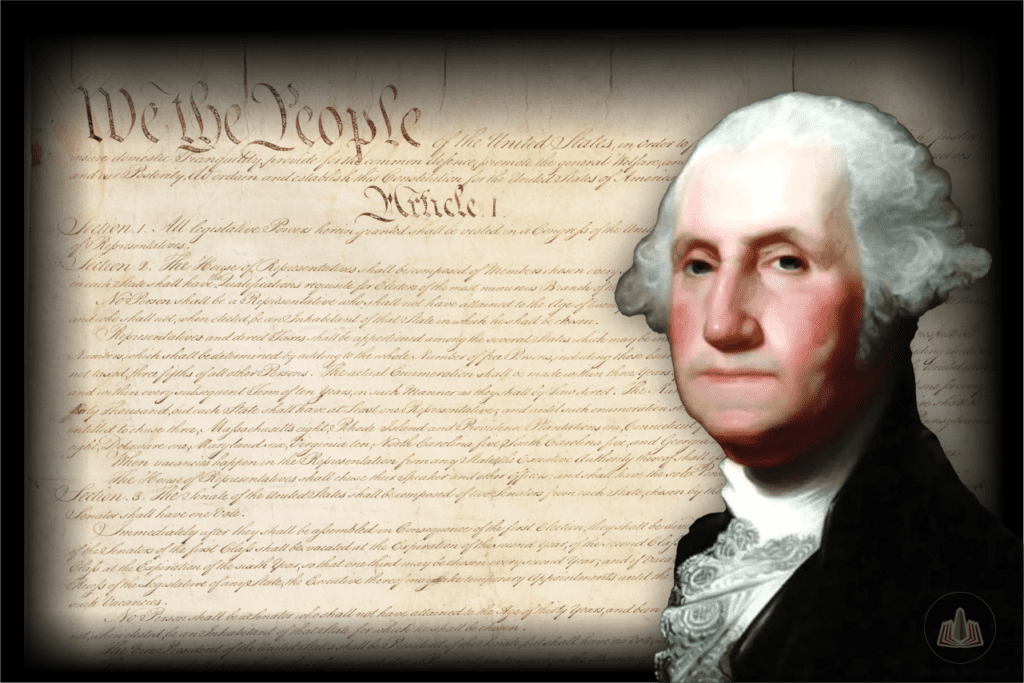The United States is home to the second oldest active constitution in the world, and it has the potential to implement new amendments to update its constitutional principles in response to global changes. This article explores the challenges, opportunities, and implications of implementing new amendments in the United States Constitution.
Key Takeaways
- The United States has the second oldest active constitution globally.
- The implementation of new amendments in the US Constitution presents challenges and opportunities.
- Global changes necessitate the updating of constitutional principles to adapt to modern challenges.
- The role of the judiciary is crucial in interpreting and upholding constitutional principles.
- Preservation of democracy is a fundamental consideration in the process of implementing new amendments.
The Second Constitution of the United States
Challenges in Implementing Amendments
The process of amending the United States Constitution is a testament to the foresight of the Founding Fathers, who understood the need for a living document that could evolve with the nation. However, the very mechanisms designed to ensure careful consideration and broad consensus have also made it a formidable challenge to introduce new amendments. The high threshold for ratification—requiring approval by two-thirds of both houses of Congress and three-quarters of state legislatures—ensures only amendments with widespread support succeed.
Amendment proposals often reflect the pressing issues of the era, yet they must navigate a complex political landscape. The following list highlights key hurdles that any potential amendment faces:
- Garnering bipartisan support in a highly polarized political environment
- Achieving consensus among a diverse array of state interests and priorities
- Overcoming the influence of powerful lobbying groups that may oppose change
The enduring strength of the Constitution lies in its ability to adapt, yet the robustness of the amendment process is both its shield and its constraint.
The impact of these challenges is evident in the rarity of successful amendments. Since the Constitution’s ratification in 1788, only 27 amendments have been adopted, with the most recent in 1992. This underscores the difficulty of enacting change at the constitutional level, even as the nation confronts new global realities.
Global Changes and Constitutional Principles
As the world evolves, the United States Constitution faces the challenge of remaining relevant amidst rapid global changes. The adaptability of the Constitution is crucial as it must address contemporary issues such as climate change, technological advancements, and international relations. The principles enshrined within the Constitution provide a robust framework, but they require interpretation and, at times, amendments to reflect the current global context.
Amendments to the Constitution are not a novelty; they are a testament to the living nature of this historic document. The process, however, is intricate and demands a broad consensus that transcends partisan lines. Here are some key considerations for updating constitutional principles:
- Recognition of global interdependence and its implications for national policies
- Protection of digital rights in the face of emerging technologies
- Addressing environmental sustainability as a constitutional value
The Constitution must serve as a beacon of stability while also being a dynamic instrument that can navigate the complexities of the 21st century.
The impact of new amendments would be profound, potentially reshaping the nation’s approach to governance and its role on the world stage. It is a delicate balance to maintain the original spirit of the Constitution while ensuring it is equipped to handle the challenges of a changing world.

The Role of the Judiciary
The judiciary plays a pivotal role in the preservation of democracy, ensuring that the balance of power is maintained and that the Constitution is upheld. The harmonious interplay between the branches of government is essential for the effective functioning of a democratic state. The Ministry of Public (MP) has been highlighted as co-responsible for safeguarding democracy and the republican equilibrium, emphasizing that its role is not to formulate public policies but to ensure the proper functioning of those enacted by elected representatives.
Harmony among powers, based on mutual respect for their high missions, is a prerequisite for a fruitful and resolute democratic state. This is the duty of the MP, to adhere to and facilitate. In this context, the judiciary’s interpretation of procedural actions, such as the ‘receipt’ of cases, goes beyond mere bureaucratic management. It involves preliminary scrutiny, akin to the admission or rejection of appeals in judicial processes, which may then be referred to higher authorities, such as tribunal collegiates.
The judiciary’s commitment to combating corruption and criminal organizations is unwavering, yet it is underscored that even criminals have fundamental rights. This delicate balance reflects the judiciary’s role in not only enforcing the law but also protecting individual liberties within the framework of the Constitution.
Preservation of Democracy
The recent gathering dubbed “Democracy Unshaken” underscores the collective resolve to uphold democratic values in the face of adversity. The event, initiated by the President and attended by key figures such as the acting Minister of Justice and Public Security, Ricardo Cappelli, and the President of the Supreme Federal Court (STF), Luis Roberto Barroso, serves as a testament to the nation’s commitment to democracy, especially after the unsettling events of January 8, 2023.
The harmonious interplay between the branches of government is fundamental to the preservation of democracy. This balance ensures that no single entity can overpower the others, maintaining a system of checks and balances that is essential for a healthy democratic state. The Ministry of Public (MP) plays a pivotal role in this equilibrium, tasked with ensuring that policies enacted by elected representatives are properly implemented, without overstepping into policy formulation.
In a moment of clarity and courage, it is declared: no amnesty. This stance is not about revenge, but rather a pedagogical act. Those who have transgressed against democracy have committed a crime and must be held accountable.
The impact of new amendments on the preservation of democracy cannot be overstated. As the nation contemplates updates to its Constitution, it is imperative that these changes reinforce democratic principles and adapt to the evolving global landscape.
The Impact of New Amendments
The potential for new amendments to the United States Constitution carries with it a transformative power that could reshape the nation’s legal landscape. Boldly addressing the challenges of the 21st century, these amendments could touch upon everything from digital privacy to climate change policy.
Amendments are not just textual alterations; they are a reflection of the evolving values and priorities of American society. As such, the impact of these changes would likely be felt across various sectors:
- Economic reforms could see shifts in taxation and financial regulation.
- Social policies might adapt to better protect individual rights and equality.
- Environmental legislation could be strengthened to meet global sustainability goals.
The success of new amendments will hinge on a delicate balance between innovation and the preservation of foundational principles. The process of constitutional change is inherently complex, requiring not just a supermajority in Congress but also ratification by the states. This ensures that any new amendment has broad support, reflecting a consensus that is vital for the legitimacy of the constitutional order.
In conclusion, the United States holds the distinction of having the second Constitution in force in the world. As the country faces global changes, it has the opportunity to implement new amendments to update its principles and adapt to the evolving global landscape. The moment is crucial in the history of the nation, and the responsibility for preserving democracy and maintaining republican balance rests not only with the government but also with the citizens. The harmony between the branches of government, founded on mutual respect and adherence to the high missions of each, is essential for the effective functioning of the democratic state. The implementation of new amendments will pave the way for amore resilient and adaptable constitutional framework, ensuring that the United States remains a beacon of democracy and progress in the modern world.



